
Facebookers hoping to get in on a game of Scrabulous on Tuesday were left disappointed. Instead of linking to the game, designed by brothers Rajat and Jayant Argarwalla for play on the Facebook social networking platform, players found the following message:
“Scrabulous is disabled for U.S. and Canadian users until further notice. If you would like to stay informed about developments in this matter, please click here.”
The message appears to indicate that that the reign of Scrabulous, the popular application that closely resembled the 60-year old Scrabble board game and had more than 500,000 daily users, has come to an end. The game was pulled in connection with the lawsuit Hasbro filed against the Argarwallas last week.
“In response to a legal request from Hasbro, the copyright and trademark holder for Scrabble in the U.S. and Canada, the developers of Scrabulous have suspended their application in the U.S. and Canada until further notice,” Facebook spokesperson Stephanie Pettinati told the E-Commerce Times.
A Scrap over Scrabble
The scrap between Scrabble copyright holders Hasbro and Mattel and the India-based Argarwallas began in January when the two game makers demanded that Facebook remove the Scrabulous application from the site.
However, the outcry from fans of the game, which at the time averaged more than 600,000 daily users, was so intense that that Facebook reinstated the game shortly afterward.
In early July, Hasbro and video game maker Electronic Arts announced the release of an official version of Scrabble for Facebook users in the U.S.
After that — and with the filing of the lawsuit in the Southern Distrct of New York last week — Scrabulous’ days looked numbered. Hasbro asked Facebook to take the game down under the Digital Millennium Copyright Act, alleging that Scrabulous infringed upon the company’s intellectual property.
“I’m not surprised,” said Michael Pachter, a Wedbush Morgan analyst, told the E-Commerce Times. “Scrabble is a valuable intellectual property, and it is hard to argue that Scrabulous did not copy many aspects of the original, including a poorly disguised use of the name. Until Hasbro sought to protect its contractual rights, Facebook was under no obligation to interfere with the makers of Scrabulous. Once Hasbro notified Facebook of its suit against the Scrabulous makers and asked Facebook to stop carrying the alleged copycat, Facebook was obligated to take the request seriously.”
The removal of Scrabulous from Facebook will not end the legal issues for its developers — damages and a permanent injunction may be next on the plaintiffs’ to-do list, Pachter noted.
“Only a fool or a child would fail to notice the similarities between the two games. I’m going to wait for the court decision, but I’d handicap Hasbro’s chances of winning at better than 90 percent,” he said.
Originality in Social Gaming
The brouhaha between over Scrabble and Scrabulous underscores the need for social game developers to create unique games, said Shervin Pishevar, CEO of the Social Gaming Network (SGN).
“We push developers to create original IP using creative and original ideas, and in the case of existing games, trying to do them in a sanctioned way. That will help build a sustainable, scalable ecosystem for games so players can enjoy them without the risk of having them be suddenly shut down as Scrabulous was,” he explained.
SGN urges developers to come up not only with unique games, but also original content in terms of game art and other aspects, Pishevar told the E-Commerce Times.
“There is plenty of originality and creativity that can be tapped. Social games are games you cannot play without other people, and there’s been a lot of originality, but there has been some copycat type behavior. But that is not the majority of the games out there,” he said.
Scrabulous, from the design of the game to the name itself, borrowed heavily from Scrabble, Pishevar noted.
Neither Pachter or Pishevar think Scrabulous will return to Facebook.
“[I] don’t see it happening, nor do I see Scrabulous users complaining. Nobody has a ‘right’ to a game on Facebook, and given the similarities between Scrabble and Scrabulous, it’s hard to argue that a Scrabulous player lost very much, other than perhaps achievements, by replacing Scrabulous with Scrabble. Facebook would be exposed to liability if it reversed its decision,” Pachter said.




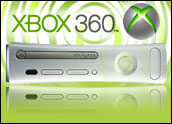
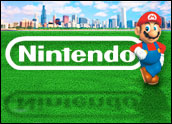

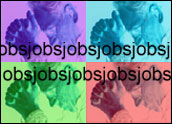
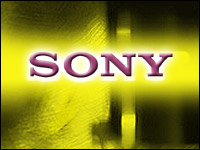


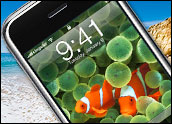
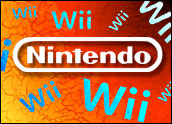

































Social Media
See all Social Media